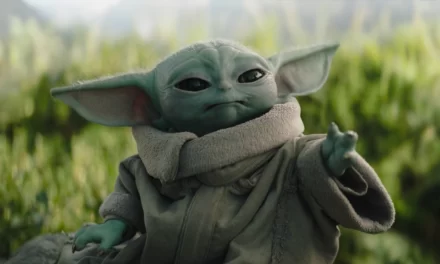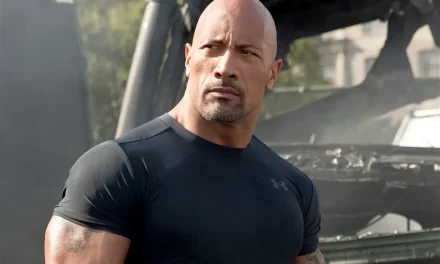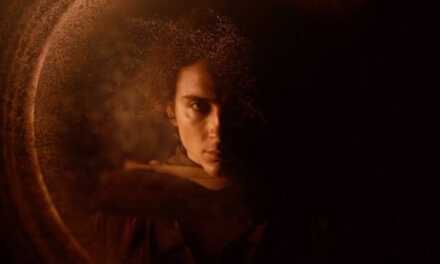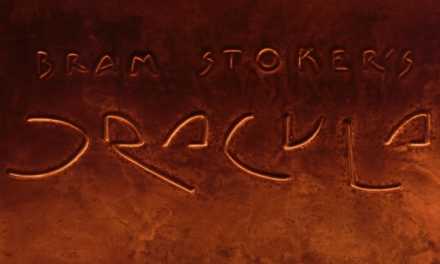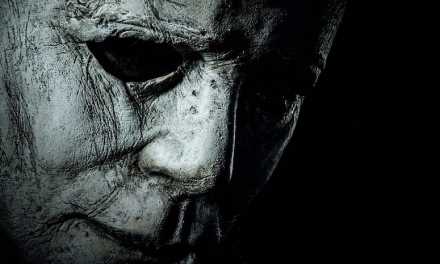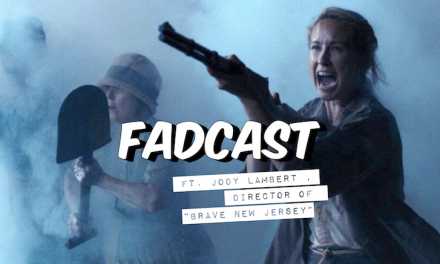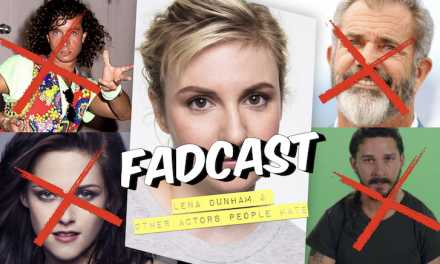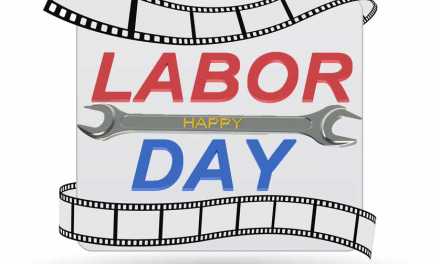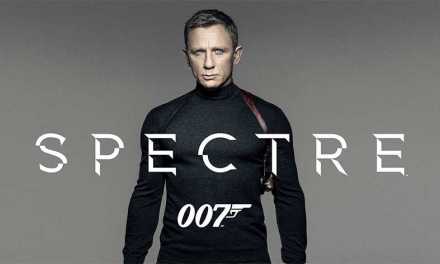
In the Ring with Matt: Way Too Much

The Ring is where Matt’s passions are cemented into the veins of the Internet. The passions always push Matt to be the best at whatever happens to be on his mind that day, and let me tell you something: Inside the ropes and in-between the turnbuckles, Matt always steals the show.
It has always been hard to be an artist. Coming up with new concepts, perfecting them, trying to get people on your bandwagon, trying to make a living and starting from scratch are only a few of the day-to-day actions we partake in. But one of the things I’m starting to hate with an absolute passion is the notion that “If you haven’t seen (insert movie title), then you’re not a ‘true artist.’”
When did being an artist become about what we’ve seen or read instead of who we are and what we create? I would absolutely love to sit at home 7 days a week, watching and reading everything I need to catch up on. The problem is I don’t have 24 hours and 7 days a week to do that, plus there is just way too much to see nowadays. It’s true, and if you have Netflix, then you absolutely know what I’m talking about.
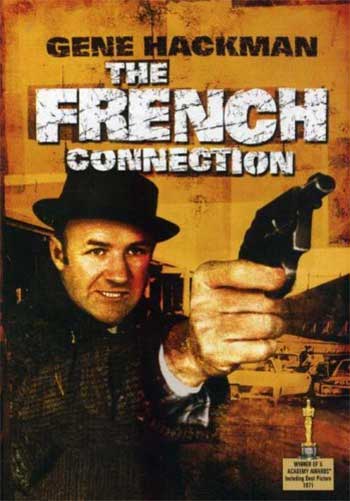
“I haven’t seen “The French Connection” all the way through…”
While I say I hate the notion I referred to above, I actually get kind of mad at myself sometimes. I feel bad that I haven’t read every Stephen King novel or haven’t seen every William Friedkin picture, which I truly shouldn’t feel bad about. And now that a lot of people, specifically some employers, are also using the notion above to separate the wannabes from the “true artists,” it feels like it’s more important than ever to see and read as much as I can. But, there is just way too much. I sometimes wake up in the morning and think to myself, “Work today or sit at home and get closer to becoming a true artist,” which absolutely sucks because I’ve actually chosen the latter a few times. My artistic integrity shouldn’t feel constricted by what has already been produced; it should feel excited about what needs to be produced.
I’ve been trying to accept the fact that I won’t see everything I need to see before I die, but my want to see everything makes accepting that fact very difficult for me. Regardless of that though, this “true artist” notion has gotten so bad that I’ve literally had people, who claim they are true artists, actually grimace at me because I haven’t seen “The French Connection” all the way through or because I didn’t like “The English Patient.”
Now, I’m the type of person who really doesn’t care about what a couple sad scotch drinkers think, but when it comes between me and a job, that’s different. If an employer doesn’t hire me because I thought “Straight Outta Compton” wasn’t the greatest film or because I think “The Graduate” is boring, what am I supposed to do? It’s a job, and I need a job, so in order to get it I need to lie about who I am and what I like? But my personality and soul make me the artist I am, and I want to be hired for who I am and what I create, not what I’ve seen and read. I know I’d be an idiot for being honest in an interview or for turning down a job because I wasn’t hired for “me,” but that’s just it. Why am I the idiot for being honest about who I am and what I like? An employer says they want someone new, fresh, honest and original, but as soon as someone like me comes around, it’s like I’ve been diagnosed with the plague. It’s a lose-lose situation and all you can hope for is that one person one day will see the greatness inside of you and hire you for “you.” That’s it.
What we’ve seen and read should not judge how mindful, talented or creative we are. What we do/create should dictate that. I do agree that knowing the history of the business and knowing that certain films do exist are important, but actually seeing those films shouldn’t factor in anymore. Why? Because there is way too much out there now and not enough time to see it all. No, I haven’t seen all of William Friedkin’s pictures, but I’ve studied “The Exorcist” down to every one of its film cells. No, I didn’t like “The English Patient,” but I can give you a 15-page paper on how “Reservoir Dogs” and “Pulp Fiction” exist in the same universe, right down to Tarantino’s composition itself.
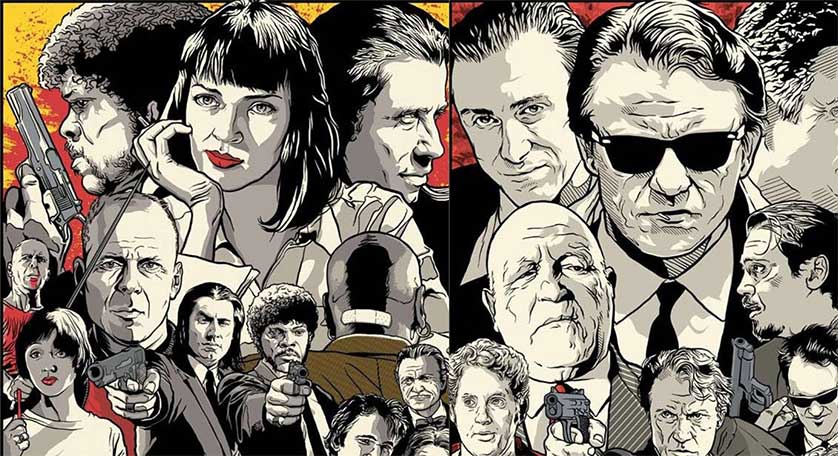
“I can give you a 15-page paper on how “Reservoir Dogs” and “Pulp Fiction” exist in the same universe”
We artists are what we are. We have become the great creative people that populate this world by seeing what we HAVE seen and reading what we HAVE read; we’re no less creative because we HAVEN’T seen something or HAVEN’T read something. Experiencing new things is vital for every artist everywhere, so seeing as much as possible is important, but please do not tell me I am not a “true artist” if I prefer “Good Burger” over “The English Patient.” “Good Burger” has solid character development, great comedy and a well-structured story. The film could be used to teach children how to write a film or teach them to understand story structure (which I believe is important in this technological and nearly defunct storytelling era). Show a kid “The English Patient,” and you’ll push a kid away from understanding what makes a story a great one, plus you might push him away from films all together, stripping the Art World of a mind that could’ve been brilliant.

